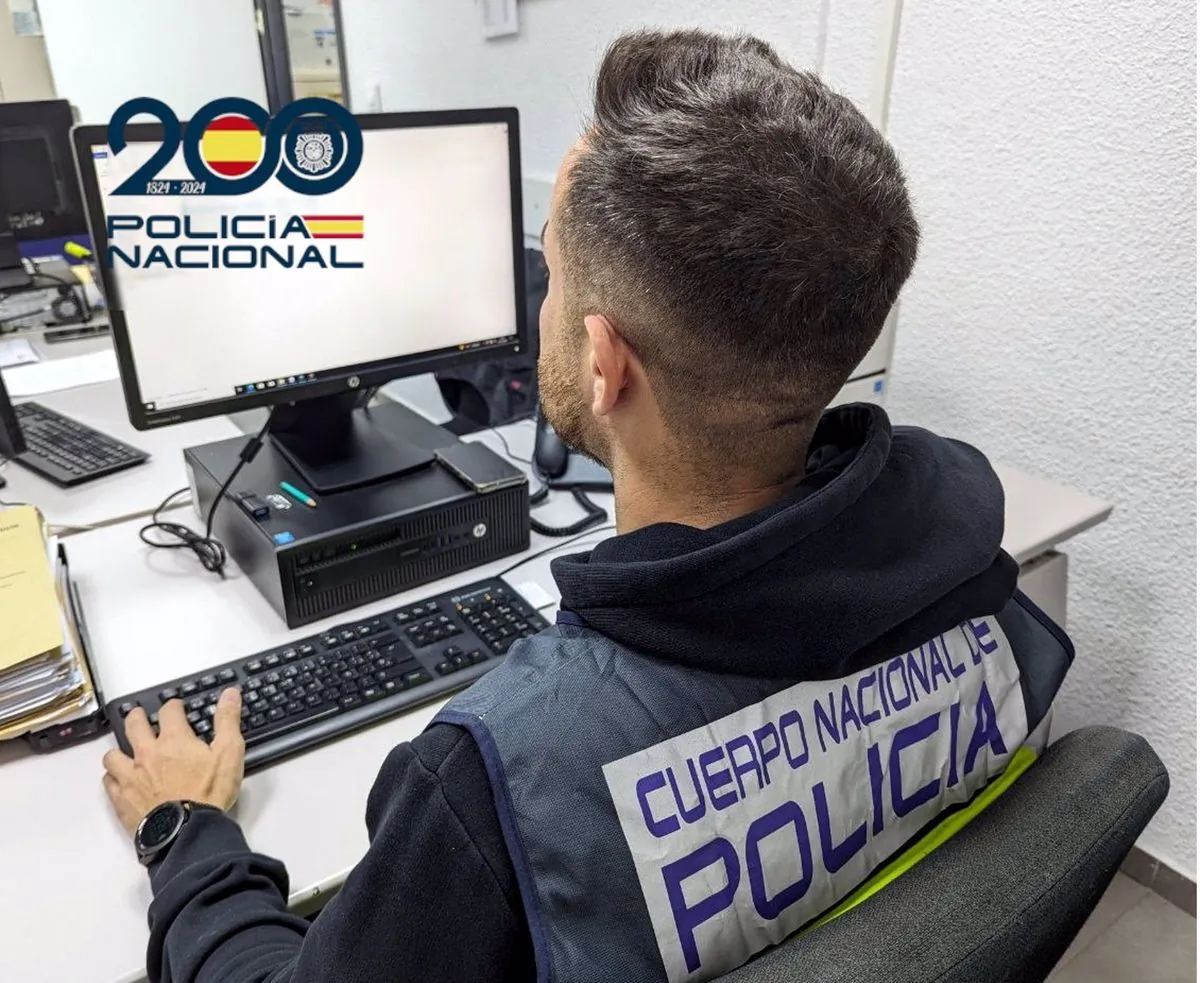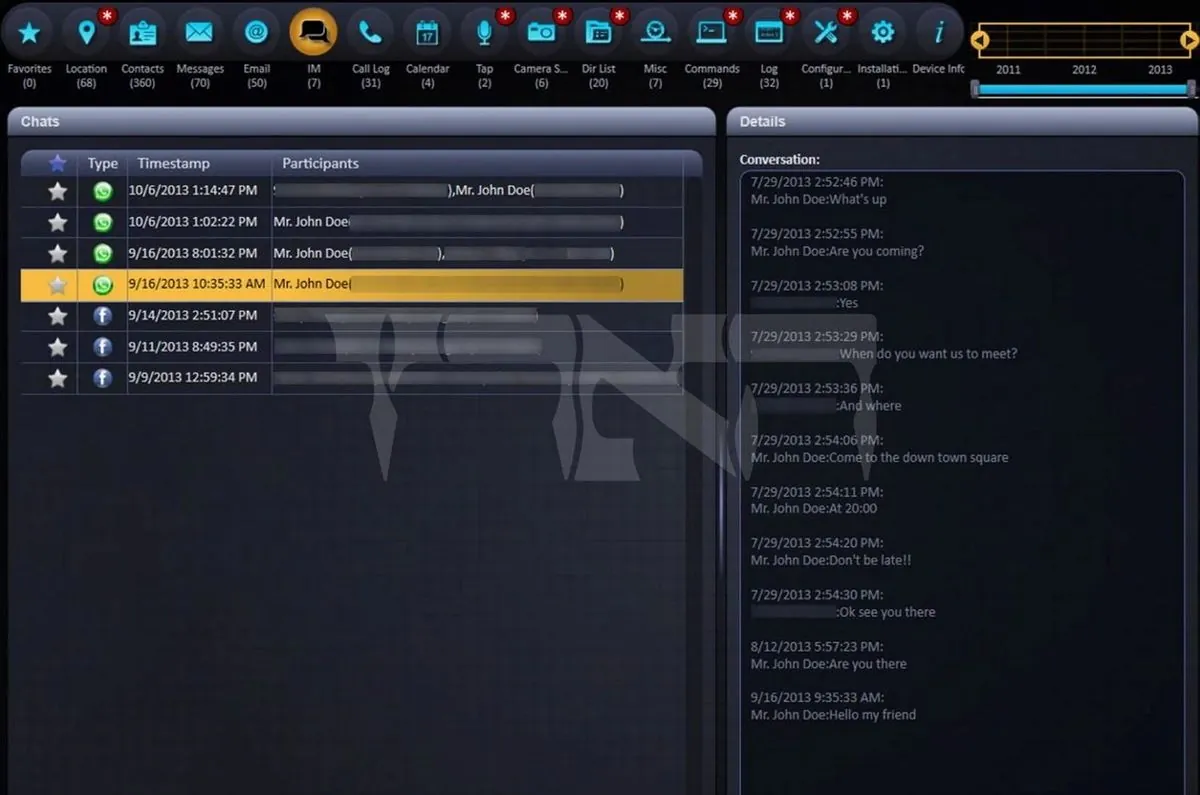Colombia Probes Alleged $11M Cash Purchase of Pegasus Spyware by Police
Colombia's attorney general investigates claims of illegal Pegasus spyware acquisition by police. President Petro alleges $11 million cash purchase, raising concerns over surveillance and privacy.

Colombia's legal authorities have initiated an inquiry into the alleged acquisition and unlawful utilization of Pegasus surveillance software. This development follows a televised announcement by President Gustavo Petro, who asserted that a division within the national police procured the software through unofficial channels, using $11 million in cash.
The investigation aims to ascertain whether the transaction between the Directorate of Police Intelligence (DIPOL) and NSO Group, the Israeli firm behind Pegasus, was finalized. If confirmed, authorities seek to determine the origin of the funds and the specifics of the cash transfer from Colombia to Israel.
Pegasus, a powerful spyware developed by NSO Group, has been at the center of global controversy for years. Founded in 2010, NSO Group has faced scrutiny for its software's capabilities and alleged misuse. Pegasus can infiltrate both iOS and Android devices, often without the target's knowledge, through malicious links. Once installed, it can extract various data types, record calls, and activate device features remotely.

The software's global impact has been significant. In 2019, WhatsApp revealed a Pegasus attack affecting 1,400 users. The 2021 Pegasus Project investigation exposed a list of 50,000 potential surveillance targets, highlighting the software's widespread use. Several countries, including Mexico, Saudi Arabia, and the UAE, have faced accusations of employing Pegasus for surveillance purposes.
"A unit in the country's national police bought the software off the books using $11 million in cash."
The Colombian investigation reflects growing international concern over the use of such technologies. In recent years, Pegasus has been repeatedly linked to unauthorized access of devices belonging to civil society members, political opponents, and journalists worldwide. This pattern has raised significant alarms about privacy infringements and potential human rights violations.
It's worth noting that NSO Group maintains that it only sells Pegasus to government agencies for combating terrorism and serious crime. However, the software's cost, ranging from hundreds of thousands to millions of dollars, and its powerful capabilities have led to allegations of misuse in several countries, including India and Hungary.
The ongoing probe in Colombia adds to the mounting global scrutiny of Pegasus and similar surveillance technologies. As of September 2024, the investigation's outcome remains uncertain, but it underscores the complex challenges at the intersection of national security, privacy rights, and technological advancement in the digital age.


































